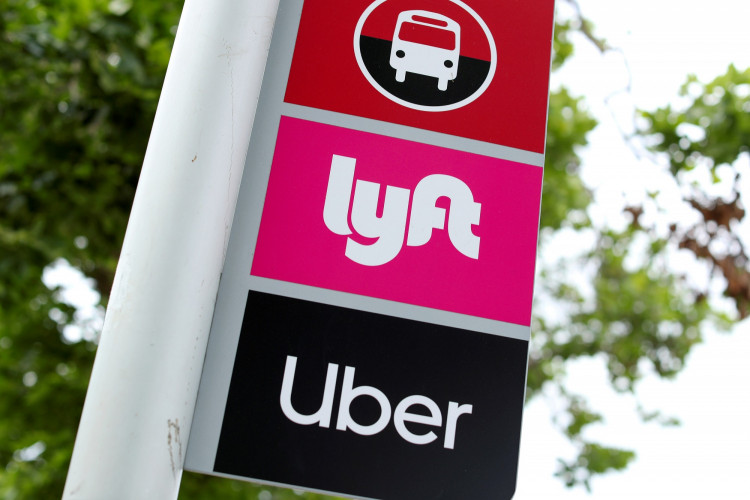Uber Technologies Inc. and Lyft Inc. have agreed to pay $175 million and implement a $32.50 hourly minimum wage for drivers in Massachusetts, according to an announcement by the state's Attorney General Andrea Joy Campbell on Thursday. This settlement concludes a lawsuit accusing the ride-hailing giants of improperly classifying drivers as independent contractors, a status that has traditionally excluded them from key employee benefits.
The agreement, which also includes provisions for paid sick leave, accident insurance, and healthcare stipends, marks a significant shift in how app-based drivers will be compensated in the state. As part of the settlement, Uber will pay $148 million and Lyft $27 million to the state, with at least $140 million earmarked for distribution to drivers, as detailed in a court filing.
"In taking this opportunity, we've resolved historical liabilities by constructing a new operating model that balances both flexibility and benefits," said Tony West, Uber's chief legal officer. Both Uber and Lyft emphasized that the settlement reflects the desire of most drivers to maintain their independence while receiving key benefits usually reserved for employees.
The settlement announcement came shortly after Massachusetts' highest court cleared the way for a November ballot measure. This measure, if passed, would allow voters to decide on a proposal to classify drivers as independent contractors with certain benefits, mirroring a similar initiative in California.
The legal battle, which has been ongoing for several years, sought to reclassify the state's 55,000 Uber drivers and 35,000 Lyft drivers as employees entitled to minimum wage, overtime, and earned sick time. Studies have indicated that using contractors can reduce labor costs by as much as 30% compared to employees, a cost-saving measure that has been central to the business models of many gig economy companies.
Attorney General Campbell stated that the settlement holds Uber and Lyft accountable for underpaying drivers for years, although the companies have denied any wrongdoing. "For years, these companies have underpaid their drivers and denied them basic benefits," Campbell said. "Today's agreement holds Uber and Lyft accountable, and provides their drivers, for the very first time in Massachusetts, guaranteed minimum pay, paid sick leave, occupational accident insurance, and health care stipends."
The Massachusetts Supreme Judicial Court's recent decision rejected a labor-supported challenge to the industry-backed ballot measure, which had seen Uber and Lyft invest millions in support. This proposal would offer drivers most of the same benefits included in the state's settlement with the companies.
Massachusetts Governor Maura Healey praised the settlement as a historic victory for drivers. "This settlement delivers historic wages and benefits to right the wrongs of the past and ensure drivers are paid fairly going forward," Healey stated.
Lyft, in its statement, highlighted the agreement as a significant victory in a multi-year campaign by drivers to secure their rights to remain independent while gaining access to new benefits. Uber similarly called the settlement an exemplary model of what independent, flexible work should look like in the 21st century.
"This allows both Uber and Massachusetts to move forward in a way that reflects what drivers want and demonstrates to other states what's possible to achieve," Uber's statement read.





